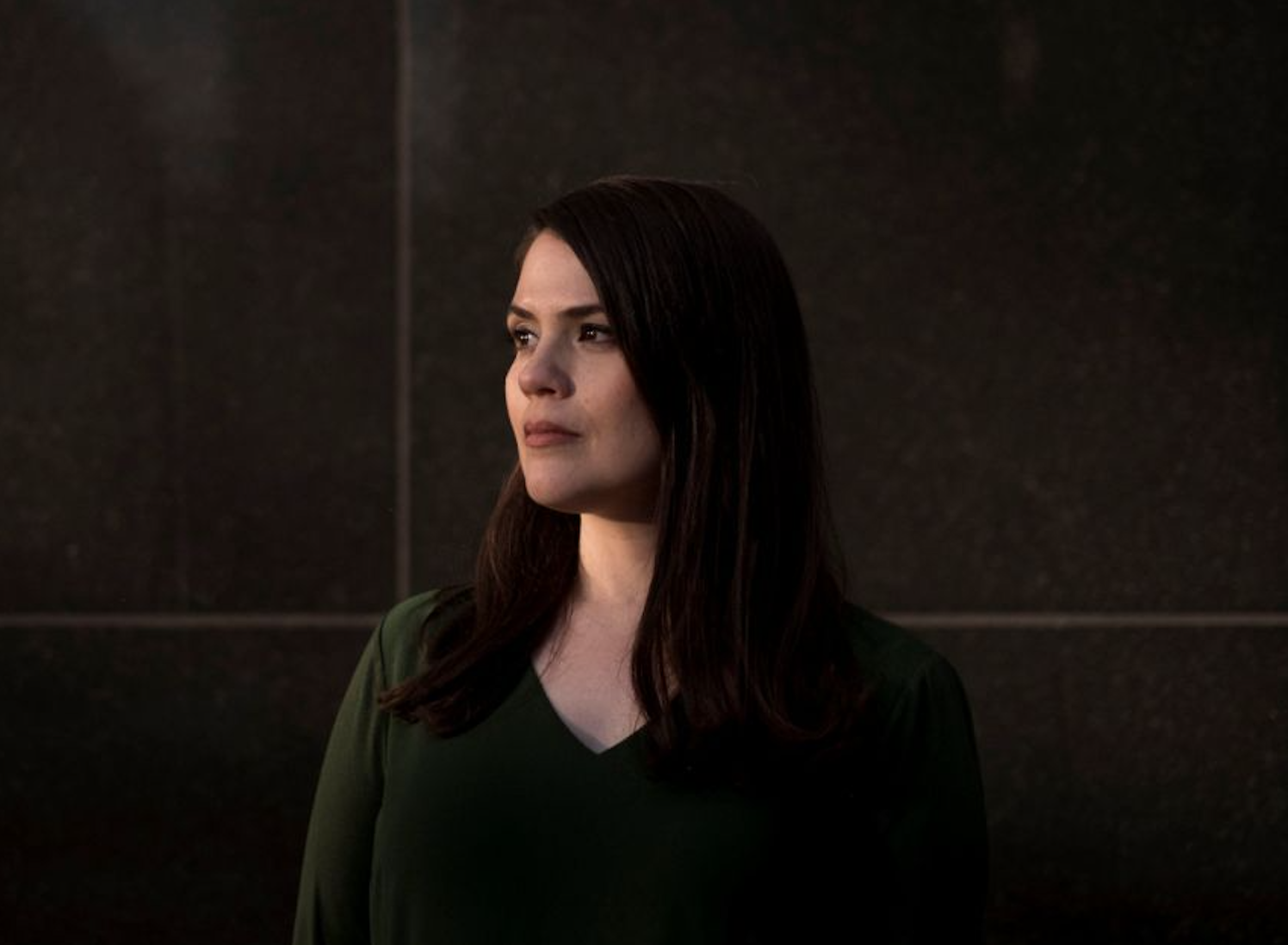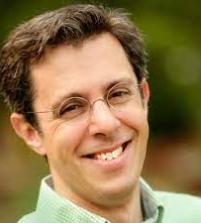When the Good is No Longer Good Enough
A poorly kept secret
 One of the worst-kept secrets in the Jewish philanthropic community burst into the open on the front page of The New York Times last month. Several Jewish women professionals went on the record to recount having been the recipients of sexually suggestive, lewd comments from prominent Jewish philanthropist and hedge fund billionaire Michael Steinhardt. In separate incidents spanning decades, the women claimed that Steinhardt had propositioned them at fundraising meetings or in professional settings where he was a major donor. In a statement on his foundation’s website, Steinhardt did not dispute that his words were boorish and offensive, but he claimed they were bad attempts at humor. Steinhardt also said he never made physical contact with the women, a claim the women did not dispute.
One of the worst-kept secrets in the Jewish philanthropic community burst into the open on the front page of The New York Times last month. Several Jewish women professionals went on the record to recount having been the recipients of sexually suggestive, lewd comments from prominent Jewish philanthropist and hedge fund billionaire Michael Steinhardt. In separate incidents spanning decades, the women claimed that Steinhardt had propositioned them at fundraising meetings or in professional settings where he was a major donor. In a statement on his foundation’s website, Steinhardt did not dispute that his words were boorish and offensive, but he claimed they were bad attempts at humor. Steinhardt also said he never made physical contact with the women, a claim the women did not dispute.
I read this article with unusual interest as several of the protagonists are people to whom I’m personally close. Sheila Katz, currently a vice president at Hillel International and incoming CEO of the National Council of Jewish Women, was a close professional partner of mine for years. Natalie Goldfein, another of the women in the article, is my first cousin. I know others from academic and professional settings. And Rabbi Irving Greenberg, Steinhardt’s former foundation president, who is quoted in the article as saying he admonished Steinhardt about his behavior, was the subject of my doctoral dissertation.
In reflecting on this story over the past two weeks, I have found myself dwelling on several questions, but none more so than the question of principle versus pragmatism. In the context of the women’s awful experiences, the question might be: Are we willing to accept that someone’s personal integrity can be violated, at any level, as the price of doing business, and if so, what is the limit? At what point are we willing to risk our livelihoods for the sake of human dignity, or, what violations of dignity are worth risking a job? In the specific situation of the recipients of Steinhardt’s substantial philanthropy, the question might be framed: At what point do any of us decide that an individual or institution is so morally compromised that we can no longer be associated with them/it? Should organizations that accepted his money no longer solicit his foundation, or, even more powerfully, return his donations? (And to be clear, what makes these questions particularly good liminal cases is that, by everyone’s admission, Steinhardt does not seem to have committed a crime. We are dealing strictly in the realm of ethics, without the law to rescue us from these thorny questions.)
Perhaps ironically (perhaps not), these are questions Greenberg himself spent much of his career as a theologian pondering. More than any other public interpreter of Judaism in the second half of the twentieth century, Greenberg espoused the centrality of the Biblical idea that human beings are created in the image of God; and for Greenberg, whose wife Blu is generally considered the mother of Orthodox Jewish feminism, the category emphatically included men and women. His insistence on this theological concept, and on what he saw as Judaism’s general orientation around a life-affirming stance, was part of his response to the Holocaust. Where the Nazis engaged in dehumanization and built a culture of death, Judaism must be the world’s religious vanguard in the continuous uplifting of the value of life and the infinite worth and dignity of every human being.
This could have made Greenberg into a prophetic voice, stridently calling out against any degradation of humanity. And while he did engage in limited protests against the Vietnam War and on behalf of Soviet Jews, another major lesson from the Shoah for Greenberg was the imperative to acquire and use power on behalf of that humanization agenda. True to his commitments to dialectic, he attempted to combine principle with pragmatism. Even as he was a prolific author, teacher, and theologian, the bulk of his career was devoted to engaging and teaching the wealthy and powerful, giving them a framework for a meaningful post-Holocaust Judaism, nurturing their own personal Jewish practice, and convincing them to financially support Jewish schools, camps, educational organizations, and the state of Israel.
All of which meant that while he maintained a kind of purity of principle—the image of God, the sanctity of life—he also was keen to get his hands dirty, which he framed as a theologically-mandated pragmatism. “The basic thesis of the Halachah is very simple,” he said in a 1967 speech at Yeshiva University. “Norms, whatever their intrinsic worth, cannot be realized in real life in one step, if they can be realized at all. Then the crucial question of the moral state of society becomes: how to move, step by step, toward the overcoming of an evil without thereby collaborating with the system, that is, in the process selling out to the system.” In Greenberg’s covenantal theology, God commits to a relationship, first to humans (through the Noahide covenant) and then to Israel (through the Sinaitic covenant), despite their flaws. That relationship is expressed through the Torah’s commandments: challenging but reasonable demands for better behavior that will, eventually, result in redemption.
Which brings us back to the events of recent weeks, and the questions that have been keeping me up at night. If the question is how to do the proximate good without, in Greenberg’s words, “selling out to the system,” then where is the line? When should we prevent the perfect from being the enemy of the good, because of the good that can be achieved? And when does the perfect need to be the enemy of the good, because the good is no longer good enough?
In an op-ed a few days after the Times story, Katz made her position clear: “When faced with donors who abuse their power at the expense of employees’ dignity and well-being, values-based institutions, including faith-based organizations, must be willing to pay a literal price.” I cannot but admire her call. I hope that those of us in positions of institutional leadership will summon the courage to follow her lead and call out bad behavior when we see it—even when it might cost us a donation or a job. No doubt, as a result of her own bravery, Katz and the women of the #MeToo era have increased our collective ability, and hopefully our individual will, to speak truth to power, and to alter power in the process. But I also have a strong sense that these questions are perennial, and that even as we make progress step by step toward a world with an ever-greater recognition of human dignity, many forces seem to be moving in the opposite direction. Our calibrations of pragmatism and principle, of what constitutes “collaboration,” in both the positive and negative senses of the word, are the enduring challenge now as ever.
Image: Sheila Katz, who, along with several other women, has accused Michael Steinhardt of sexual harassment. (Photo Credit: Gabriella Demczuk | NYT)
| Author, Joshua Feigelson, is Dean of Students at the Divinity School. |
Sightings is edited by Joel Brown, a PhD student in Religions in America at the Divinity School. Sign up here to receive Sightings via email.


